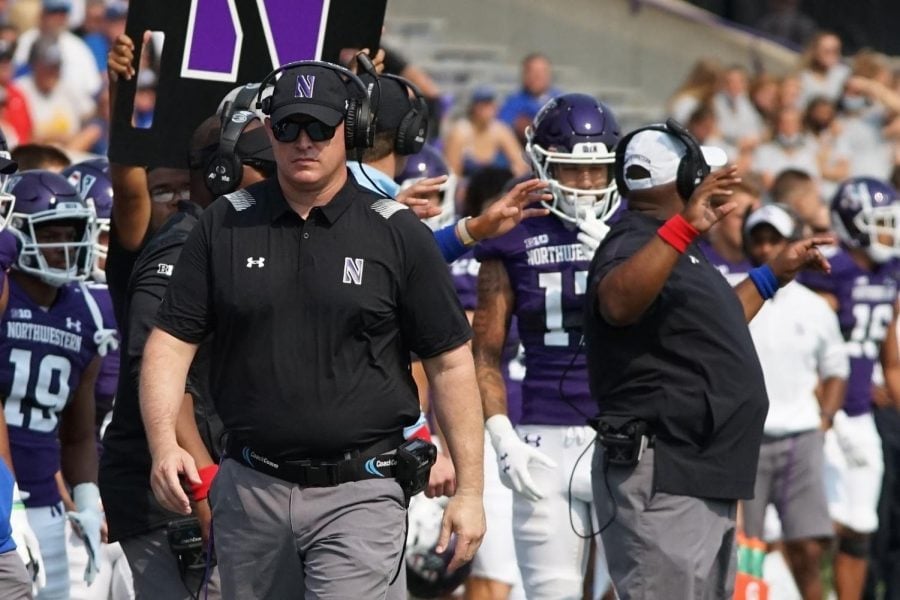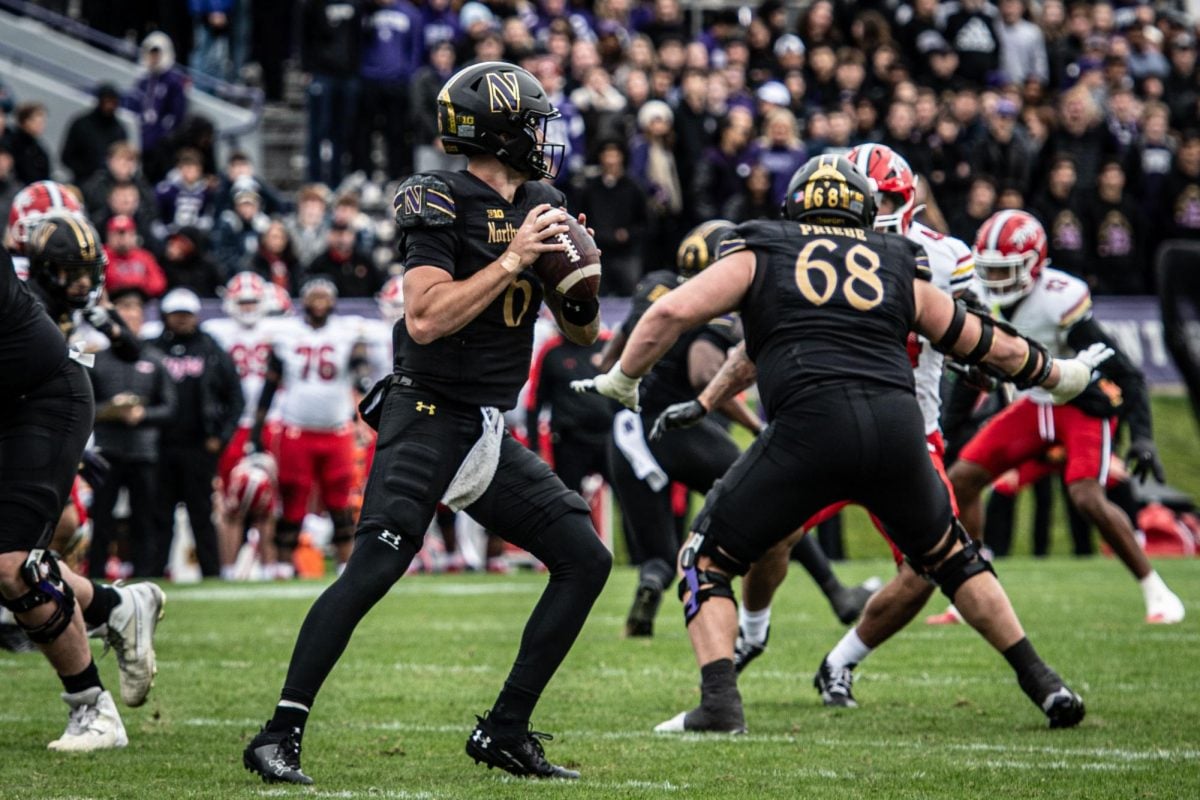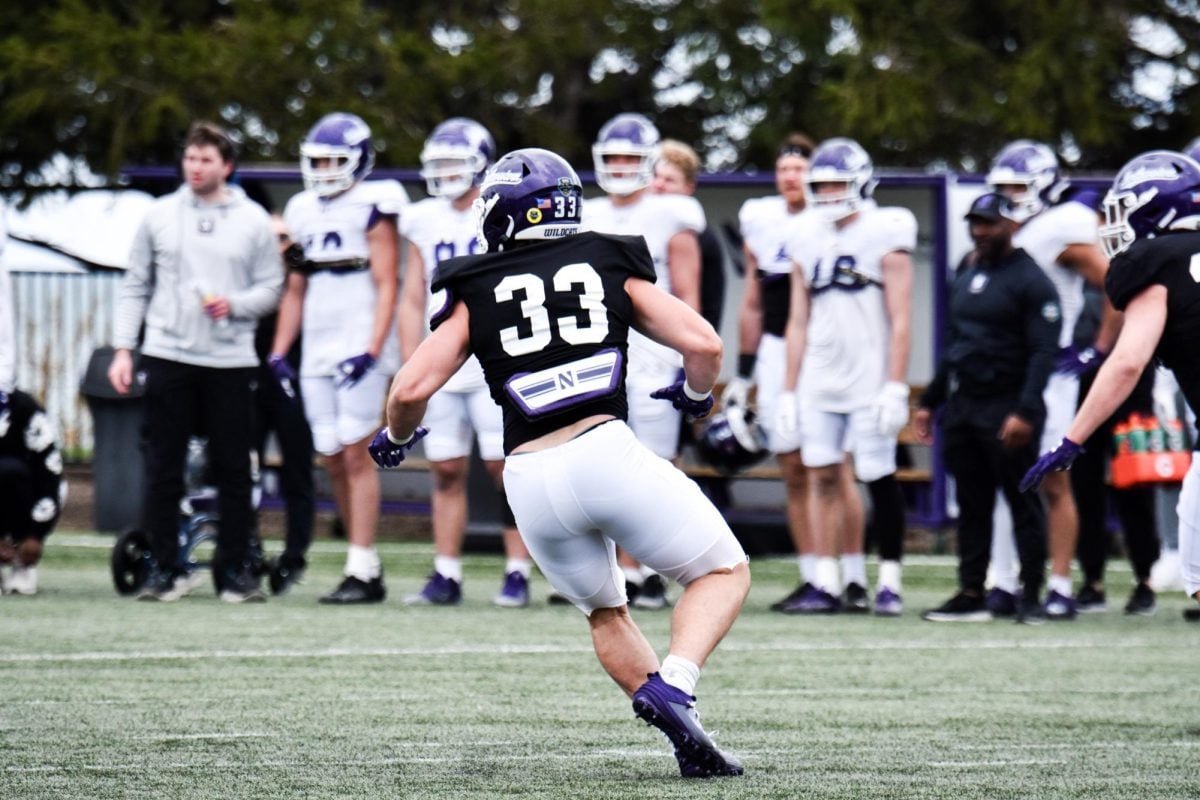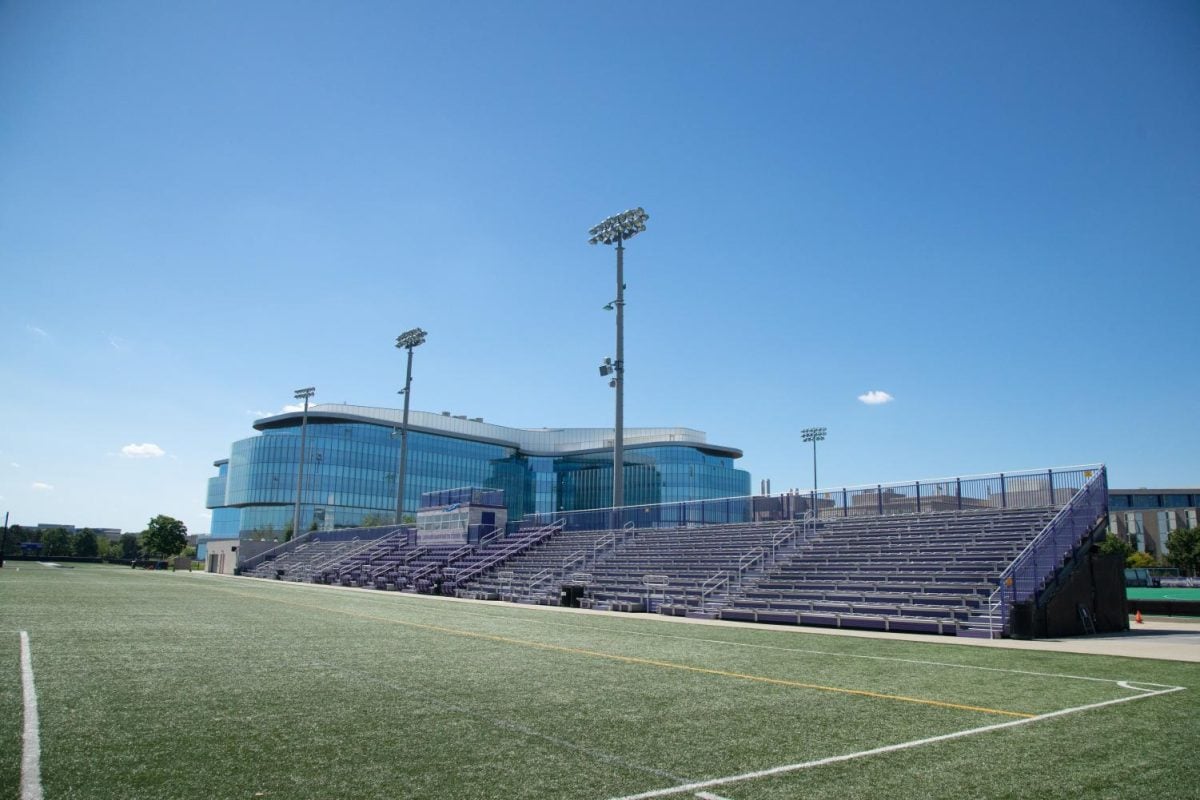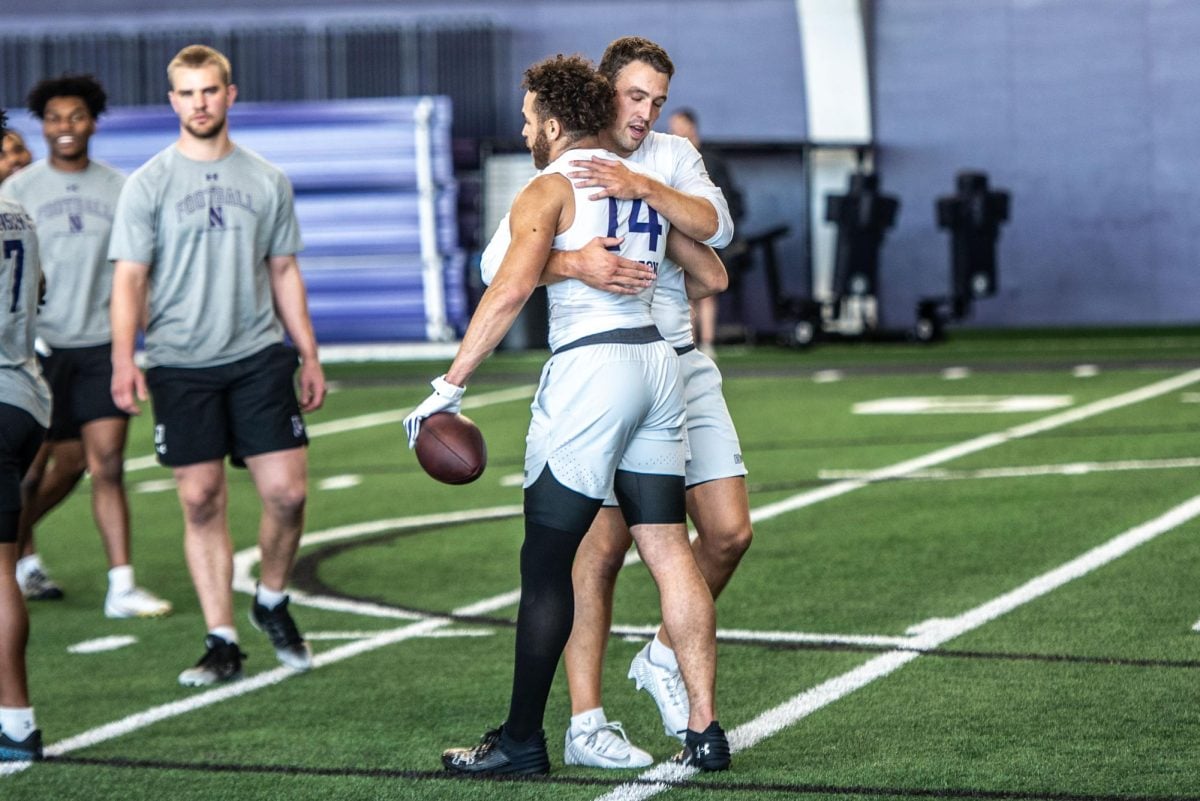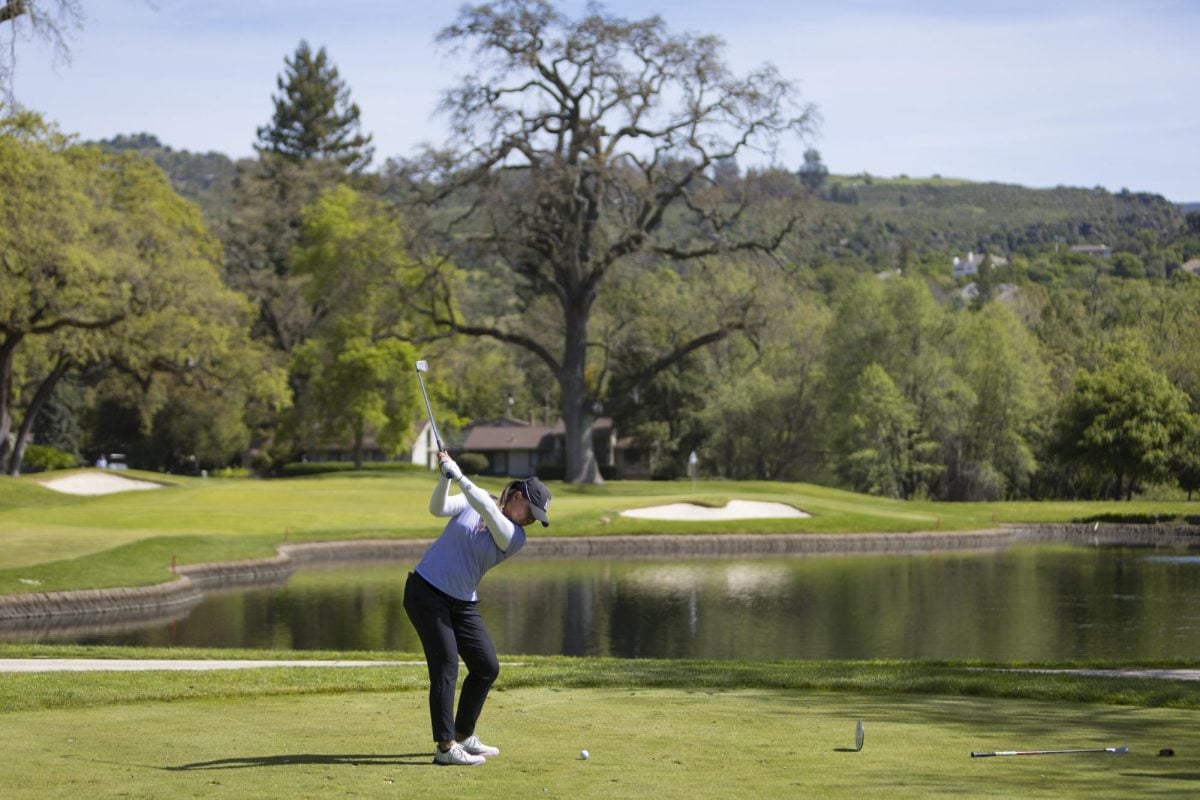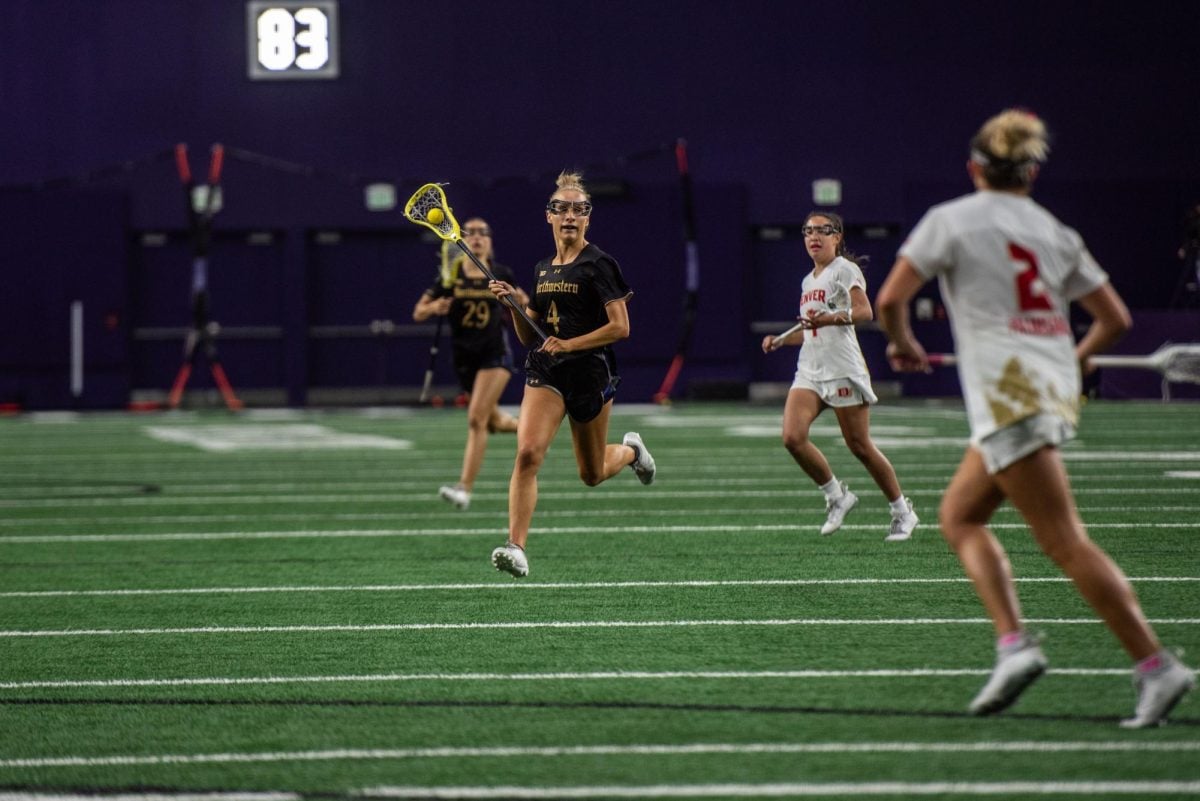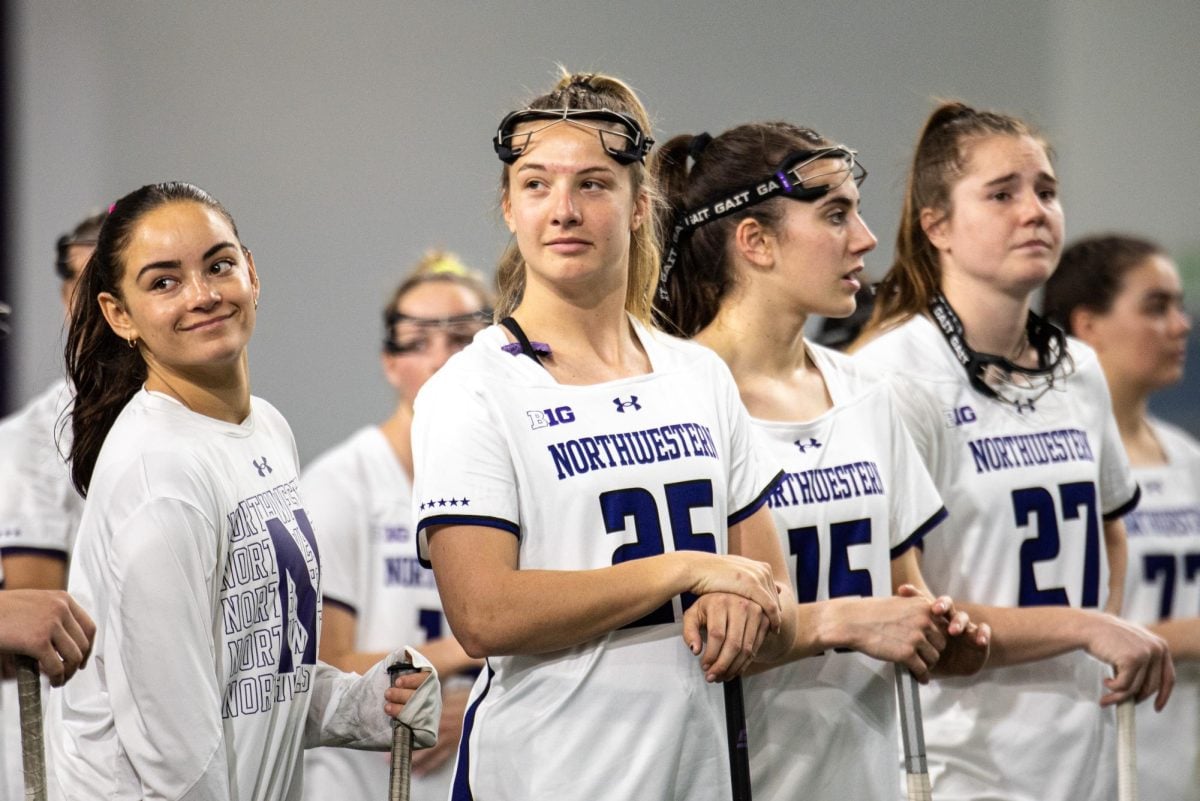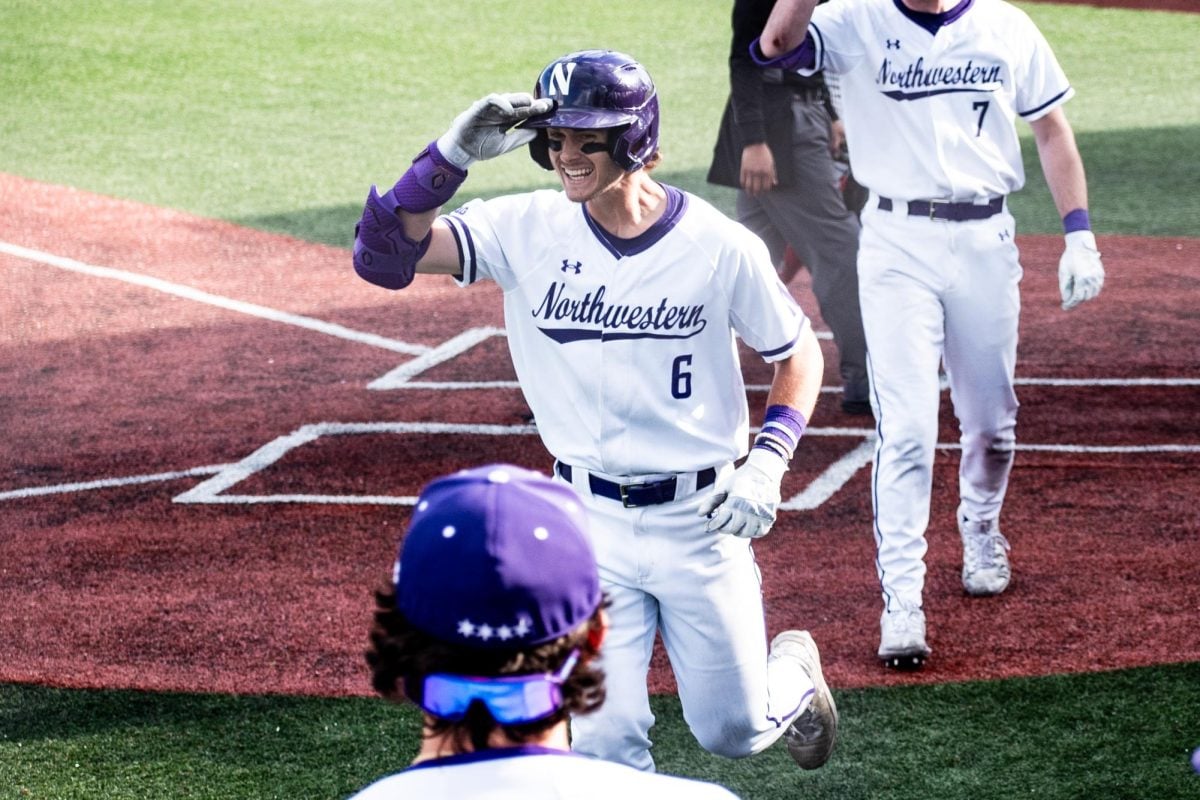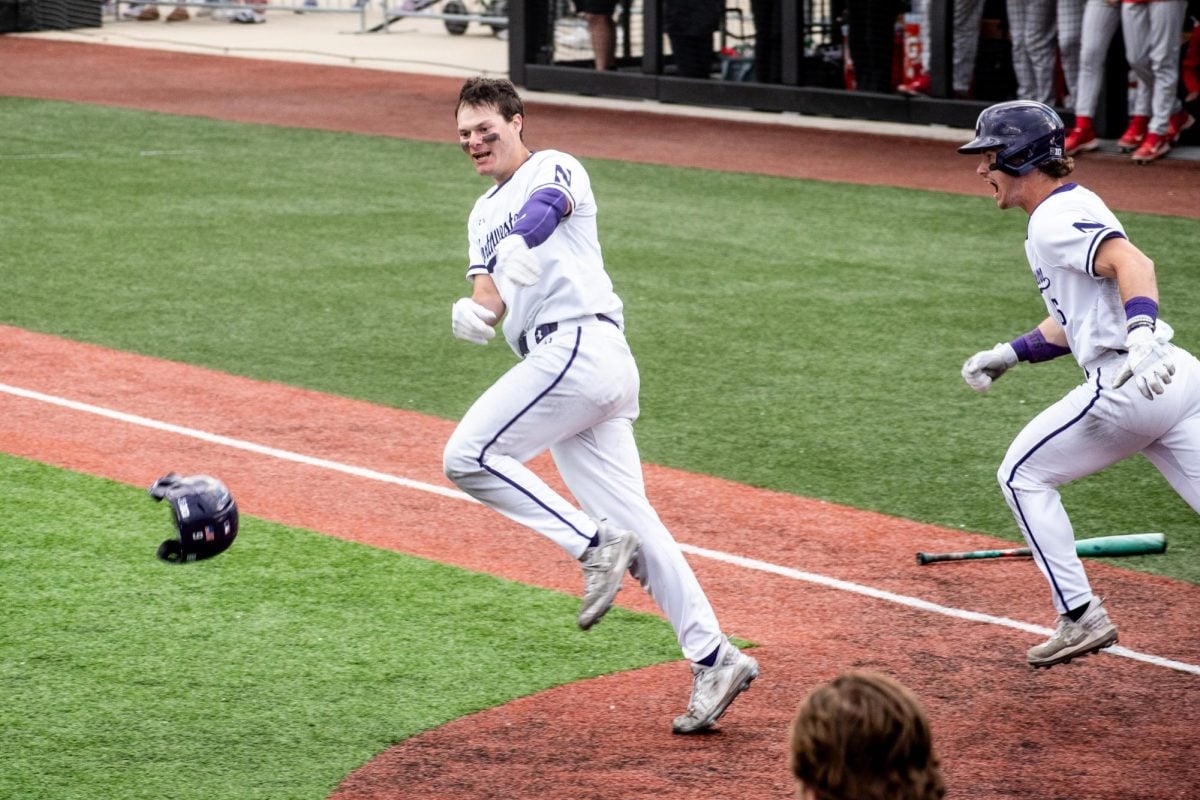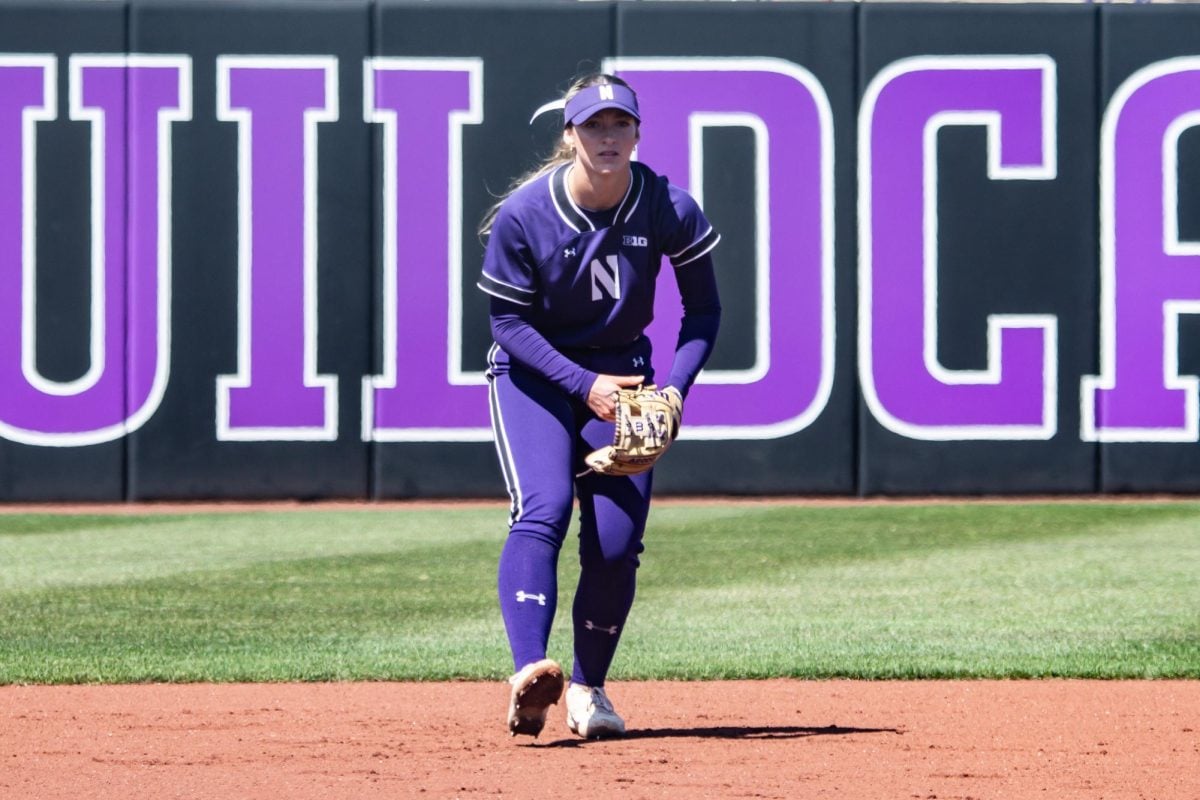The College Athletes Players Association has stated reasonable, valid objectives for improving the basic rights of student-athletes, none of which will help it be certified as a union.
CAPA’s hopes of unionization took a hit Thursday afternoon not because its principles are incorrect, but because it has fallen on the wrong side of legalese.
All the National Labor Relations Board seeks to determine at this week’s hearings is whether football players are — by legal definition — employees of Northwestern. As has been made clear during the proceedings, CAPA’s moral merit does not affect that judgment.
This is unfortunate for CAPA, whose case seems more favorable in moral court than legal court.
Do college athletes deserve increased medical benefits, more institutional focus on their academics and cash to cover the full cost of a scholarship?
Many people think so.
Are they employees under the legal definition of the term?
Eh. That’s more complicated.
An important precedent here is a 2004 NLRB ruling that Brown University teaching assistants could not unionize. They were not employees because essentially, they were students.
Given this prior ruling, CAPA will only succeed at this level if it demonstrates that NU football players are more athletes than they are students.
Thursday afternoon’s testimony from Janna Blais, deputy director of athletics for student-athlete welfare, damaged that case, whittling away at some of the core assertions former Wildcats quarterback Kain Colter made on Tuesday.
Colter testified scholarship players are not allowed to miss practice for class and players are prevented from pursuing certain majors (engineering) and career paths (pre-med) because of football. But two days later, Blais provided record of certain scholarship players who indeed were allowed to prioritize class over practice and of others who majored in engineering or went on to medical school.
Though questions remain about whether exceptions were made only for less important members of the team, the idea of some players leaving practice and completing intensive majors undermines CAPA’s argument.
CAPA hopes to prove the University employs its membership as a whole, and though there is a strong argument that football had to be Colter’s top priority, there’s no evidence that reality is generalizable to all or even most scholarship players.
The hearing record doesn’t show missing practice to be universally unacceptable and doesn’t show pursuing the pre-med track to be universally impossible. That those things were allegedly true for Colter proves nothing about the entire team and therefore about players’ employee status.
In fact, Blais’ testimony on players leaving practice and studying whatever they wanted was arguably broader and certainly more documented than Colter’s testimony to the contrary. Neither side’s argument was perfect, and the answer as to how players are treated is obviously not absolute. But Blais’ testimony seems stronger than Colter’s.
It’s not fair Colter was prevented from missing class and unable to keep up with the pre-med track. CAPA has convincing arguments on that and just about every point regarding college athletes’ rights, and its platform is full of supremely just and reasonable objectives.
But certification depends on its members being declared employees. Based on Thursday’s testimony, don’t bet on it.
Email: [email protected]
Twitter: @AlexPutt02


